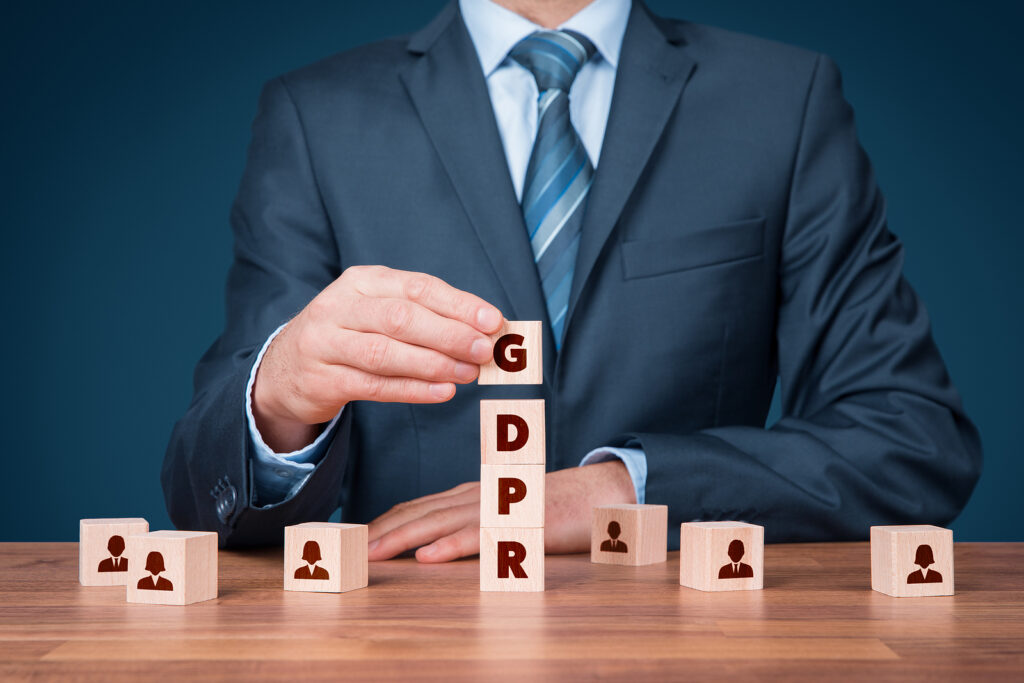The Cost of Non-Compliance, Why Data Privacy Laws Matter For Your Business
Data privacy has become a top priority for businesses as governments worldwide tighten regulations to protect consumer information. Laws such as the General Data Protection Regulation (GDPR) in Europe and the California Privacy Rights Act (CPRA) in the United States set strict guidelines on how companies collect, store, and use personal data. Non-compliance can result in heavy fines and reputational damage, pushing businesses to adopt robust data protection strategies. As these regulations evolve, organizations must stay proactive in implementing privacy-first policies.
One of the key ways businesses are adapting is by enhancing transparency and user consent mechanisms. GDPR and CPRA require companies to obtain explicit permission before collecting user data and to clearly communicate how the data will be used. Many businesses have revamped their privacy policies, introduced easy-to-understand cookie consent banners, and provided users with more control over their personal information. This shift not only ensures compliance but also builds trust with customers who are increasingly concerned about data security.

Another major adjustment is investing in data security infrastructure. Businesses are adopting encryption, multi-factor authentication, and secure cloud storage solutions to protect sensitive information. Many companies are also conducting regular security audits and hiring Data Protection Officers (DPOs) to oversee compliance efforts. These measures help prevent data breaches, which can be costly both financially and in terms of customer trust.
To ensure continuous compliance, businesses are adopting automated compliance management tools. AI-powered privacy management platforms help companies track regulatory changes, manage user data requests, and detect potential compliance risks in real time. This automation reduces the burden on legal and IT teams while ensuring that businesses remain up to date with the latest privacy laws. Additionally, organizations are providing ongoing training for employees to ensure data privacy best practices are followed at all levels.

Ultimately, adapting to data privacy laws is not just about avoiding penalties—it’s about fostering a privacy-centric business culture. Companies that prioritize data protection are more likely to gain customer loyalty and differentiate themselves in an increasingly competitive market. As regulations continue to evolve, businesses that proactively implement strong privacy policies will be better positioned for long-term success. In the digital age, data privacy is no longer an option—it’s a necessity.

Call us today on Tel: +254724740527 to learn more about how our weekly digital marketing newsletter can help your business succeed.
You Can Also Get To Us Through Our Email Address: mansoor@goplacesonline.com
Follow us on our social media platforms:






